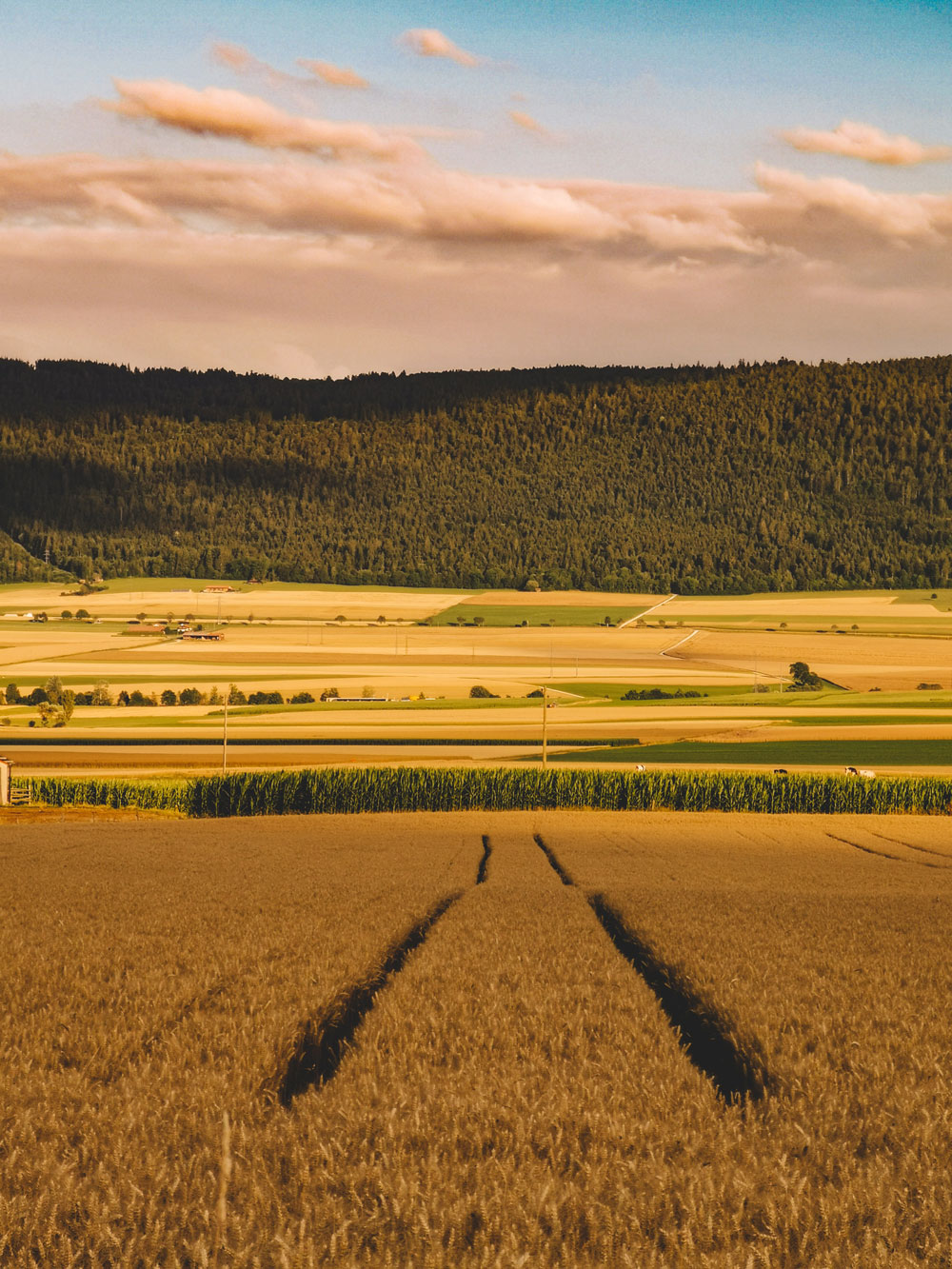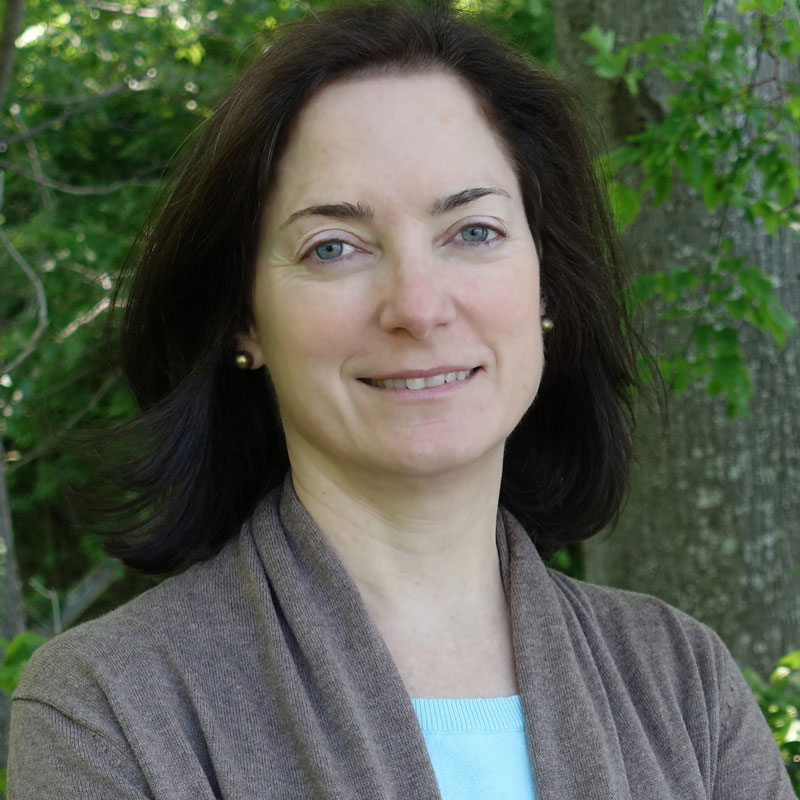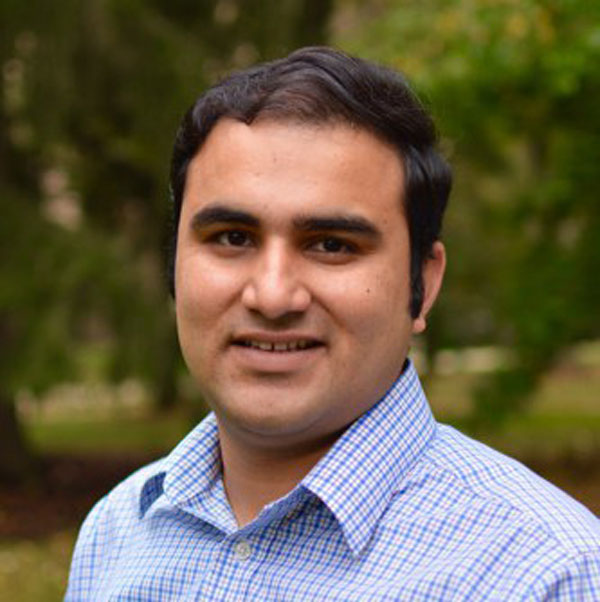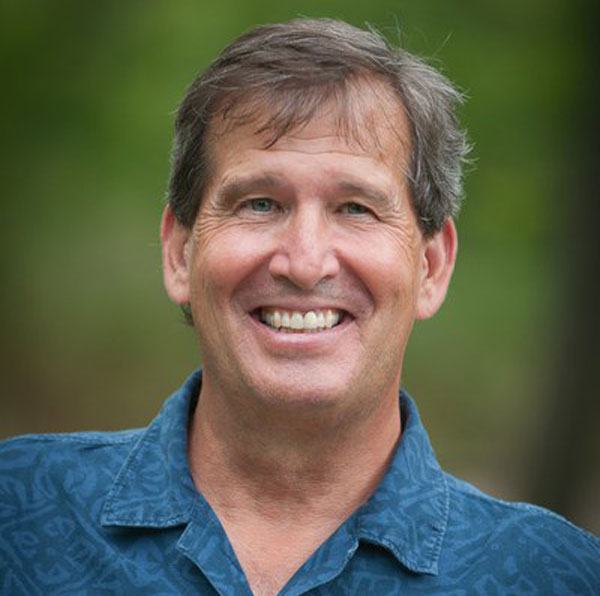
This research activity seeks to learn what agricultural technical assistance practices are most effective in facilitating farmers’ adoption of soil and water conservation practices, and to foster increased use of such practices throughout the Chesapeake watershed. Towards these ends, the research team is working with technical assistance providers to understand how best to reach out and talk to farmers about conservation practices. The overarching goal is to increase the number of farmers adopting conservation practices for the amount of effort being put into outreach.
The team’s research proceeds in two stages. The first stage involved interviews with technical assistance providers to learn what they consider to be the most effective ways of engaging farmers about conservation. Interviews and surveys were also used to learn what farmers believe can be done to improve technical assistance. The results from the first stage are being used to design the second stage, which is a collaborative field experiment to test the effectiveness of different outreach techniques. Additionally, the team is exploring how county-level data can be used to investigate how the implementation of programs and policies across the watershed affect conservation practice adoption and water quality.
Through this work, the team aims to generate an evidence base that will be relevant to practitioners and policy-makers looking to effectively promote the adoption of agricultural conservation practices.
Enhancing Farmer Engagement in the Chesapeake
Wainger, L., 2025. Before and After Photos of Agricultural Best Management Practices. UMCES Publication #6419. CBL Reference #2026-014. UMCES CBL.
Read, D.J., Blair, E. & Wainger, L. Effective Engagement Techniques Across the Agricultural Conservation Practice Adoption Process. Environmental Management (2024). https://doi.org/10.1007/s00267-024-02043-8
Read, D.J., Wainger, L., 2023. Assessing intervention effectiveness at promoting voluntary conservation practice adoption in agrienvironments. Conservation Biology 37, e14009. https://doi.org/10.1111/cobi.14009
Collins L, Stephenson K, Palm-Forster L, Power L, Gibson A, Arbuckle J, Handen A, Read DJ. (2022) “Overcoming the Hurdle: Addressing Implementation of Agricultural Best Management Practices (BMPs) Through a Social Science Lens.” STAC Publication Number 22-002. Edgewater, MD 107 pp. https://www.chesapeake.org/stac/wp-content/uploads/2022/10/FINAL-Report_Overcoming-the-Hurdle_22-002-1.pdf
Read D.J., Carroll A., Wainger L.A. 2021. Exploring private land conservation non-adopters’ attendance at outreach events in the Chesapeake Bay watershed, USA. PeerJ 9:e11959 https://doi.org/10.7717/peerj.11959

Assistant Research Scientist, Postdoctoral, University of Maryland Center for Environmental Science
dread@umces.edu
Link to bio

Professor of Environmental Economics, University of Maryland Center for Environmental Science
wainger@umces.edu
Link to bio
Director of the University of Maryland Wye Research and Education Center and the Harry R. Hughes Center for Agro-Ecology
keverts@umd.edu

Assistant Professor of Agricultural and Extension Education, Penn State
auk259@psu.edu
Link to bio
Assistant Director, Harry R. Hughes Center for Agro-Ecology Inc.
nnunn@umd.edu
Link to bio

Distinguished Professor Emeritus of Agricultural and Environmental Economics, Penn State
jshortle@psu.edu
Link to bio